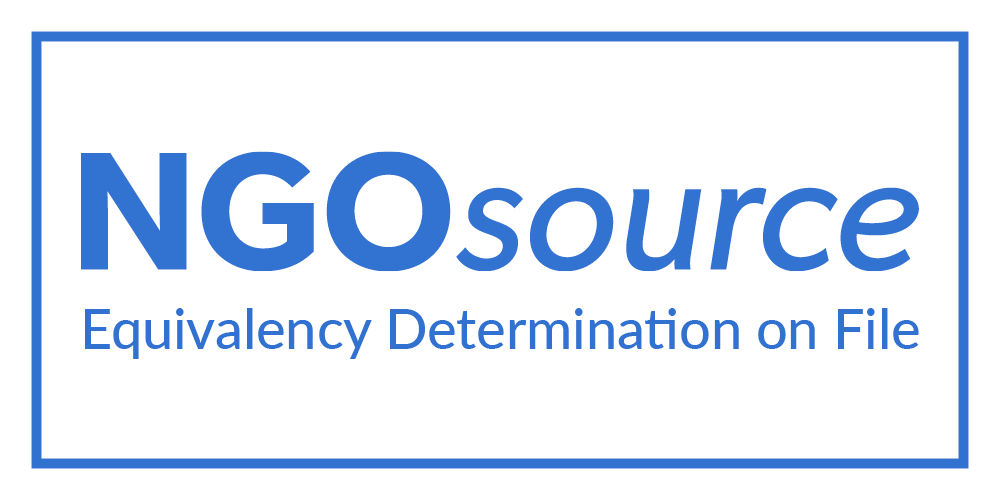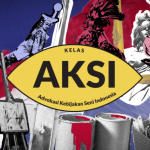Jakarta – Advocacy Manager of Koalisi Seni, Hafez Gumay, appreciated the government for issuing Presidential Regulation No.114 of 2022 on Cultural Strategy. The document is mandated by the Law on the Advancement of Culture which was ratified five years ago. However, there is still much work to be done.
One of the big tasks is the formulation of the Master Plan for the Cultural Advancement (RIPK). In the document, the government elaborates the Cultural Strategy into various plannings. Hopefully, RIPK could boost budget allocations for more cultural programs.
“The cultural strategy was finally signed by President Jokowi a few days ago. We are all waiting since 2018, because the documents are finished and have been put on the President’s desk since four years ago,” said Hafez in an online discussion “Pro-Democracy Legislation: After Ratification, What’s Next?” on Wednesday, September 21, 2022.
Despite elaborating the aspirations of the community into the program, the RIPK was also a crucial document because it became one of the basis for the preparation of the National Long-Term Development Plan (RPJPN). Since the government has started designing the RPJPN 2022-2045, the preparation of the RIPK must be accelerated without neglecting its quality, so that the people and cultural profession associations’ hard work is not wasted.
Hafez said, the RIPK is considered as one of the progressive policies in the Law on the Advancement of Culture. Before then, the culture was always neglected in national development planning.
Another speciality of this document is the materials come from the grassroots. For example, in preparing PPKD, the government should only act as a facilitator in community forums. This cultural strategy is also carried out in stages – from the bottom level of bureaucracy – district/city PPKD into provincial PPKD, and finally it was ratified in the national Cultural Strategy.
“This is different from how the government makes top-down policy-making methods,” said Hafez.
He emphasised that the advocacy effort in pursuing the ratification of the RIPK and RPJPN could not be carried out single-handedly by Koalisi Seni. He welcomes collaboration from other stakeholders, including from human rights activists, to oversee the formulation process so that it can go along well with the Law for the Advancement of Culture.
“We invite stakeholders to know that this (Cultural Strategy) exists, so they can be aware of the impact if we skip the formulation process (of the RIPK),” said Hafez.
The Cultural Strategy is made by consolidating more than 300 Regional Main Ideas of Culture (PPKD) at the district/city and provincial levels. The formulation of the document also involved dozens of cultural profession associations which participated in the 2018 Indonesian Cultural Congress. In 2019, the Ministry of Education, Culture, Research, and Technology initiated the preparation process for the Master Plan for the Cultural Advancement (RIPK). Unfortunately, the process was halted since the Cultural Strategy hadn’t been approved yet by the President.
Moyang Kasih Dewimerdeka




